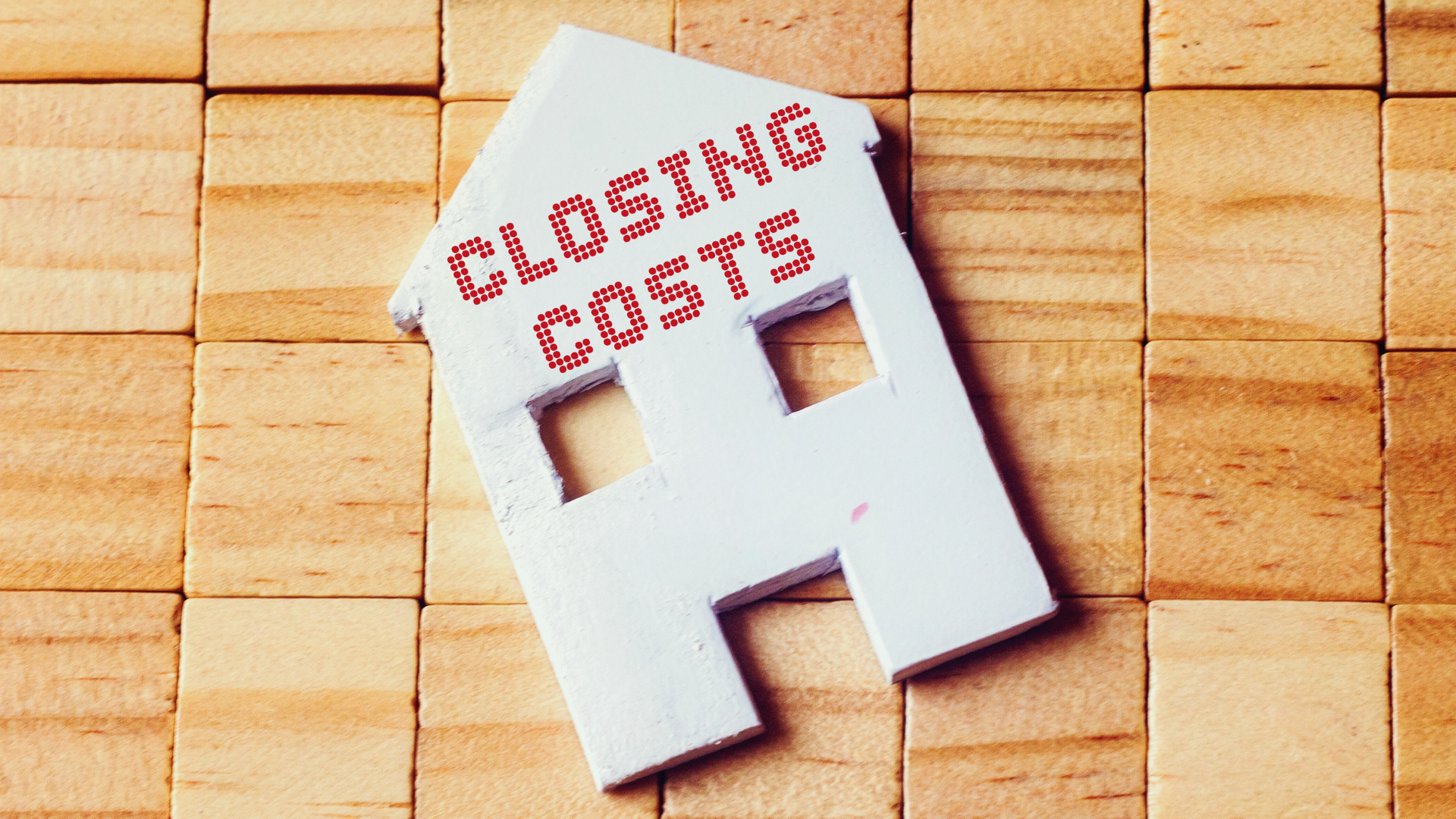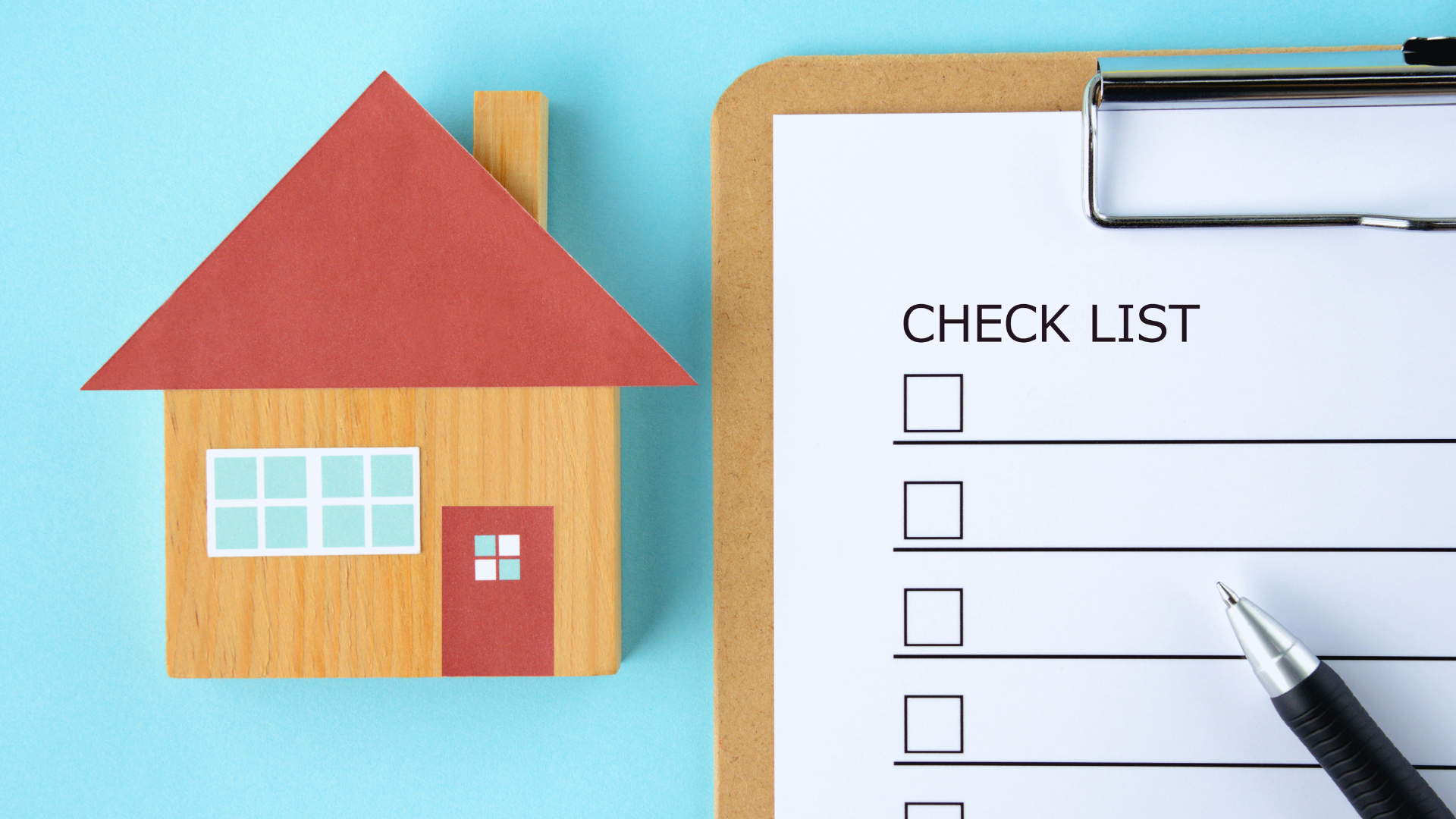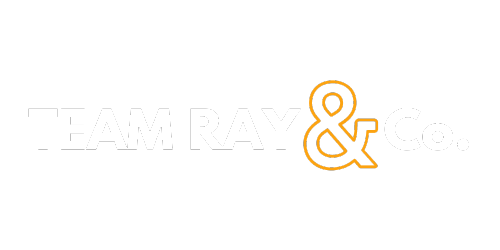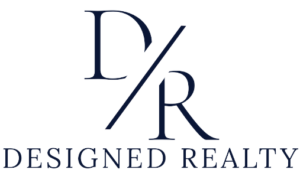Mastering the Art of Closing Costs: A Buyer's Essential Handbook
So, you’re almost there! But before you grab those keys, there’s the not-so-small matter of closing costs. They’re like the credits rolling after a blockbuster movie, but you gotta pay attention. Here’s the rundown:
The Usual Suspects

1. First Mortgage Payment:
Ah, the debut of your monthly commitment. While it’s not technically a “cost” per se, you should be prepared to make your first mortgage payment at the closing table or shortly after moving in. It’s essential to kickstart your homeownership journey on the right foot.
2. Mortgage Application Fee:
Think of this fee as your entry ticket to the exclusive mortgage club. Lenders charge this to process your loan application. It covers the initial administrative costs of assessing your creditworthiness and the property’s eligibility for a mortgage. Make sure to inquire about this fee and its amount when shopping for lenders.
3. Loan Origination Fee:
You can consider this fee as the ‘set-up’ cost for your loan. It’s paid to the lender for processing your mortgage application and generating the necessary loan documents. The origination fee is typically a percentage of the total loan amount. Negotiating this fee with your lender could save you some money upfront.
4. Processing Fee:
Behind the scenes, there’s a complex machinery that processes your mortgage application. The processing fee covers the costs associated with this part of the lending process. While it may not be the most substantial fee, it’s still something to be aware of.
5. Loan Assumption Fee:
This fee only comes into play if you’re taking over the seller’s existing mortgage. In such cases, you may need to pay a loan assumption fee to the lender. It covers the administrative work required to transfer the loan into your name. However, not all mortgages are assumable, so check your specific situation.
6. Private Mortgage Insurance (PMI):
PMI applies if your down payment is less than 20% of the home’s purchase price. It’s a way for lenders to mitigate the risk of borrowers with smaller down payments. PMI protects the lender, not you, in case you default on the loan. The cost of PMI varies depending on your loan type, credit score, and down payment size.
7. Homeowner’s Insurance:
You’ve got to protect your cozy fortress, right? Homeowner’s insurance is a crucial part of homeownership. At closing, you’ll typically pay for the first year of insurance upfront. It’s essential to have insurance coverage in place before you move in to safeguard your investment and belongings.
8. Escrow Reserves:
Escrow accounts are like a little cushion for upcoming expenses such as insurance premiums and property taxes. At closing, you may need to fund the escrow account to ensure there’s enough money to cover these future costs. While it might feel like you’re paying extra upfront, it can provide peace of mind knowing that these expenses are covered.
9. Property Tax:
Uncle Sam’s share of your dream is an essential aspect of homeownership. Property taxes are assessed based on the value of your property and help fund local services like schools, infrastructure, and public safety. The exact amount you’ll pay at closing depends on your property’s assessed value and the timing of your purchase relative to the local tax schedule.
10. Survey & Inspection Fees:
Before you seal the deal, it’s crucial to ensure that you know what you’re really getting. Survey and inspection fees cover the costs associated with examining the property’s condition and boundaries. A professional inspection can uncover hidden issues that may impact your decision or provide valuable insights for future maintenance.
11. Legal Fees:
Keeping it all above board is essential in real estate transactions. Legal fees cover the cost of having an attorney review and prepare the necessary legal documents. They ensure that the transaction adheres to all applicable laws and regulations, protecting both buyers and sellers.
12. Appraisal Fee:
What’s the place really worth? An appraisal fee covers the cost of having a professional appraiser assess the property’s value. Lenders require appraisals to ensure that the property’s value aligns with the loan amount. It’s a critical step in the lending process, helping to protect both you and the lender.
13. Title Search & Insurance:
Before you can officially claim the property as yours, it’s essential to ensure that the home’s history is squeaky clean. A title search examines the property’s ownership history and checks for any outstanding liens or encumbrances. Title insurance provides financial protection in case any title issues arise after the purchase. These fees contribute to a smooth and secure transfer of property ownership.
14. Settlement Company Fee:
The peacekeepers in this whole transaction, settlement companies oversee the closing process, ensuring that all necessary documents are signed, funds are appropriately disbursed, and ownership is legally transferred. The settlement company fee covers their services, and they play a crucial role in bringing the deal to a successful close.
15. Deed Recording:
Making it officially, officially yours. The deed recording fee covers the cost of recording the property’s ownership transfer with the appropriate local government office. This step ensures that the change of ownership is officially documented and becomes a matter of public record.
16. Credit Report Fee:
Think of this as your financial ‘report card.’ Lenders use your credit report to assess your creditworthiness and determine the terms of your mortgage. While not the most substantial cost, it’s a necessary component of the lending process.
17. Transfer Taxes:
The cost of changing hands. Transfer taxes are imposed by state or local governments and vary based on the location of the property. These taxes are typically split between the buyer and seller, but the specific allocation can vary depending on local customs and negotiations.
Note to Self

Before you head to the closing meeting, double-check that list from your lender. Know what you’re on the hook for, down to the last cent. A thorough understanding of your closing costs can help you prepare financially and ensure a smoother transition into homeownership.
Closing costs may feel like an additional burden, but they are an integral part of the home buying process. By familiarizing yourself with these costs and planning accordingly, you can navigate the final frontier of real estate transactions with confidence. Remember, it’s all part of the journey to making that new house your dream home.




